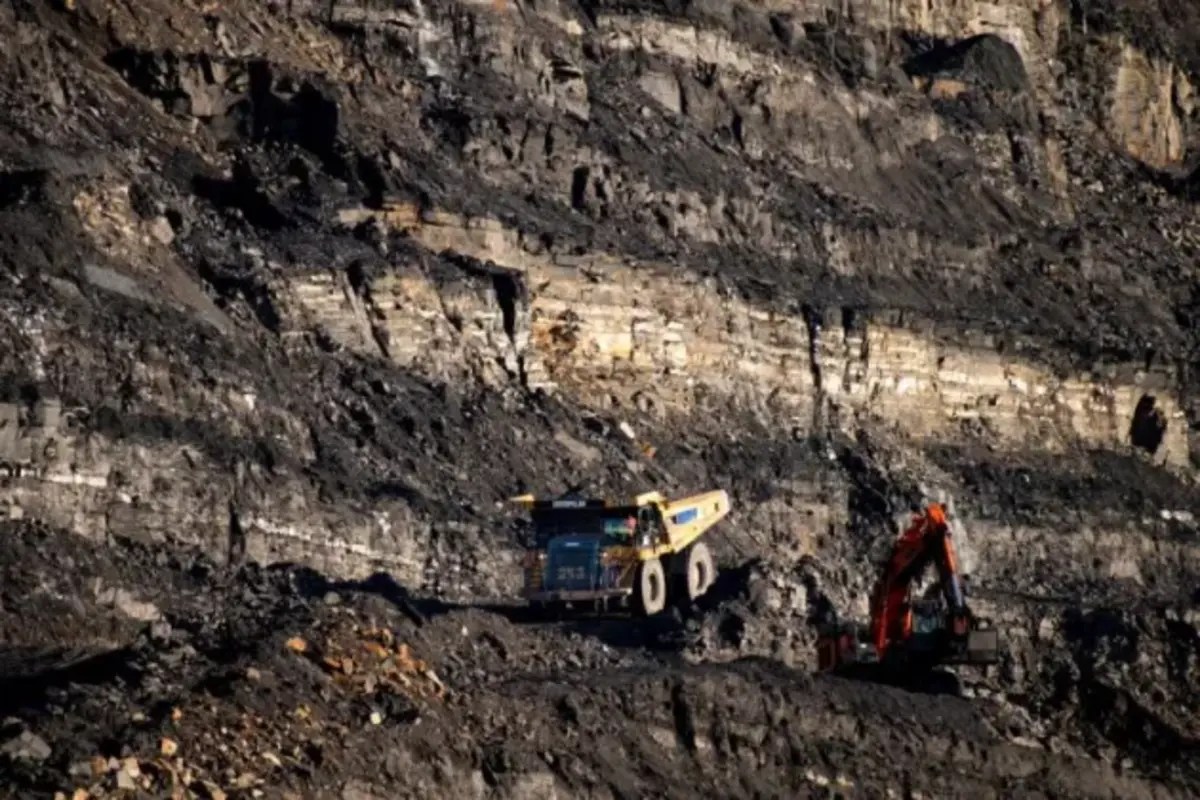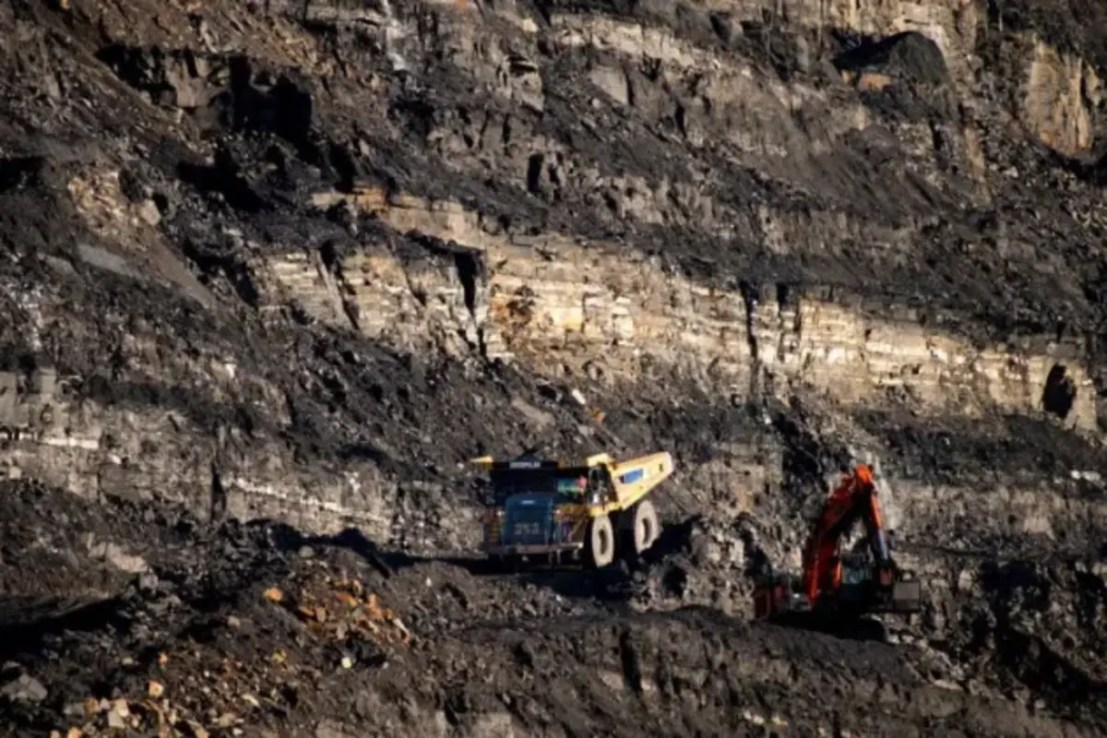Glencore expects strong year from trading arm but reports lower copper output
lencore reported total copper production of about 239,700 tonnes for the first quarter, compared to 244,100 tonnes a year earlier. It said cobalt production was down due to lower output at its Mutanda mine in Congo.


Glencore has kept its full-year guidance unchanged despite a two per cent fall in copper production and a 37 per cent fall in cobalt production in the first quarter of 2024.
Glencore reported total copper production of about 239,700 tonnes for the first quarter, compared to 244,100 tonnes a year earlier. It said cobalt production was down due to lower output at its Mutanda mine in Congo.
While it does not anticipate a return to the record high profit achieved during the energy crisis of 2022, the London-listed company said it now expects full-year marketing earnings before interest and tax (EBIT) to reach £2.4bn to £2.8bn, well within the long-term annual forecast range of £1.75bn to £2.5bn.
Glencore has been a key beneficiary of commodity market volatility caused by Russia’s war with Ukraine and wider supply chain issues like labour shortages, port congestion, and high shipping costs.
Separately, Glencore maintained all of its full-year production targets, although the future of its coal-making business is currently uncertain.
In February, the Group announced a 52 per cent drop in EBITDA (earnings before interest, tax, depreciation and amortisation) in its mining and production business, mainly due to lower earnings from coal production.
Glencore’s coal challenges
However, several of the company’s largest shareholders, including former chief executive officer Ivan Glasenberg, the Qatar Investment Authority, and BlackRock Inc., have argued that the company should retain its coal assets, people familiar with the matter told Bloomberg.
The spin-off would see Glencore’s coal arm (one of its most profitable units) list as a new company on the New York Stock Exchange. The company has previously argued that it is more environmentally responsible to run the mines itself.
According to the IEA, coal is the world’s dirtiest fuel, accounting for around half of all CO2 emissions from fuel but only 37 per cent of production.
After reaching record-high prices in 2022 during the energy crisis, its price has fallen by around three-quarters (although it remains higher than at any point during 2011-2021).
However, the deal with Teck has yet to close, making the timing of future developments unclear. The people involved told Bloomberg that shareholders will only form a final view once a concrete proposal is on the table, and their stance could still evolve.
Glencore has made it clear that the spin-off will only go ahead if it’s backed by shareholders.
“When we announced the transaction, we said our intention was to spin out, and that is our intention,” CEO Nagle told investors in February.
“But it’s always subject to what our shareholders want, and we will consult with our shareholders, and it’s the decision of the shareholders ultimately to do that.”


